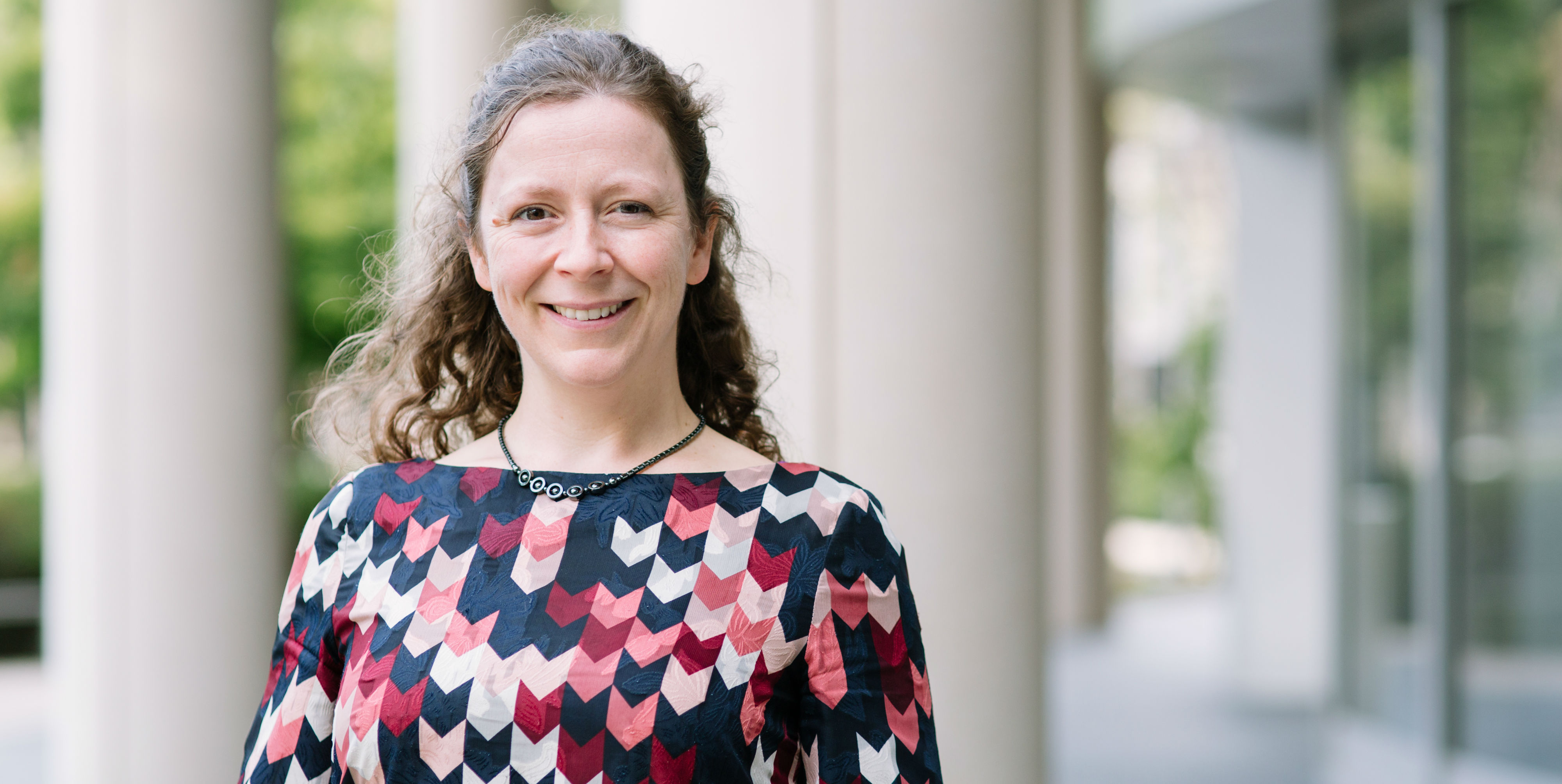
"Migraines are one of the most underfunded and understudied areas of disability research." Amy Gelfand, MD
A safe, effective treatment for adolescents battling migraines, which affects 5% to 8% of their population, is urgently needed. Melatonin, an over-the-counter supplement used to improve sleep in children and adolescents, has been shown in recent studies to prevent migraines. This project used an innovative “remote trial” approach to conduct a randomized placebo-controlled trial to evaluate whether melatonin can help prevent migraines in adolescents.
To treat the roughly 8% of today’s youth who struggle with migraines, a UCSF/UCLA team led by Dr. Amy Gelfand designed an innovative home-based trial to test whether the natural supplement melatonin could treat migraines in adolescents without severe side effects.
Clinical trials are the lifeblood of drug discovery, but recruitment can be challenging, and never more so than in this first effort – also called a remote trial – aimed at teens and their parents.
Dr. Gelfand, a pediatric migraine specialist, decided to conduct a large, placebo-controlled trial to test whether melatonin, an over-the-counter sleep aid, was effective against migraines, as anecdotal evidence had indicated, after running a successful pilot trial in 2015. During that trial, everything was handled remotely after the initial visit to enroll. Medications were mailed to the house, teens received a nightly text reminder to fill out their headache diary, and a Fitbit monitored their sleep patterns.
“The pilot worked wonderfully,” Dr. Gelfand says. “Parents liked being able to participate from home, and they really liked having their kids take responsibility for managing their migraines.”
She believed an expanded trial would be the perfect vehicle to test whether melatonin works as well or better than topiramate, the current medication that can cause delays in the user’s mental cognition. Unfortunately, however, recruitment has been challenging. So far, only 70 teens out of the 210 needed for the trial have enrolled since August 2017.
Dr. Gelfand has several hunches. Clinical tests aimed at children are always challenging, but those involving teens are even tougher. Who do you target? The parents, who must consent? Or the teens, who must agree to participate? Is social media a good place to find them?
There is much to learn from mounting a trial involving teens, but home-based trials are the future – of that, Dr. Gelfand is certain. So now she must find funding to figure out how to overcome the recruitment hurdle.
“There are so many brain and psychiatric conditions that could benefit from this approach to clinical trials,” she notes. “That's the promise of home‑based trials. If we can crack the nut of how to recruit efficiently, we will have made a real contribution to the field.”


